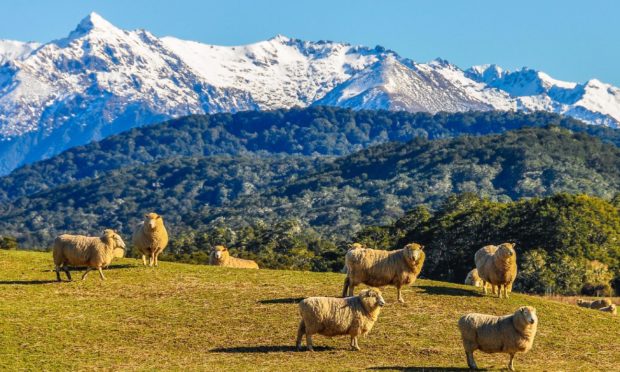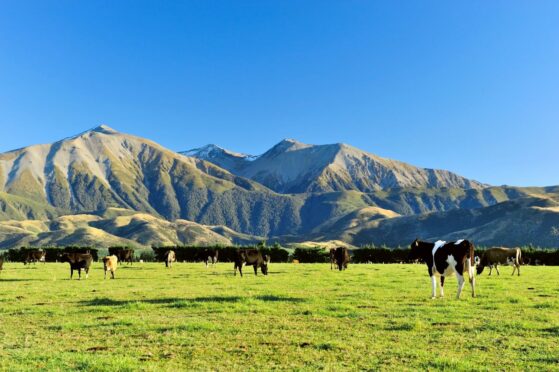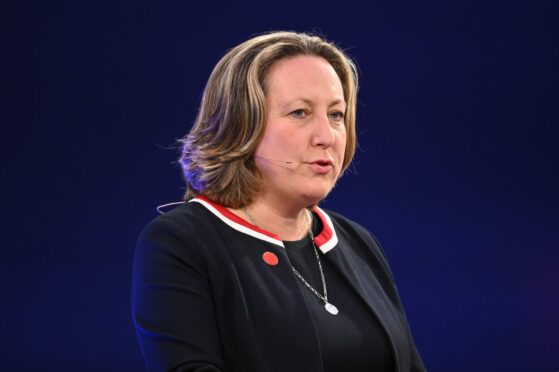The government is “going after” farmers with its Australia and New Zealand trade deals, ministers have been told.
At Westminster, SNP trade spokesman Drew Hendry said “the EU will remain Scotland and the UK’s largest export market for some time to come”, adding that the government “spent the last year decimating the fishing industry”.
“This year, why are they going after the farmers with the Australia and New Zealand trade deals, already roundly condemned by the farming industry, set to see a flood of cheap, lower quality meat and dairy products exported into the UK from around the globe?”
Trade Minister Mike Freer said: “It is simply not true that the government is doing nothing. I have been out to the markets, I am not sure whether the Scottish lead on exports has done many overseas visits. I am happy to work with the SNP if they would actually come out and do something.”
He added: “It is simply not true that this country will be flooded with cheap imports.”
SNP MP Deidre Brock asked if fishing, forestry, agriculture and food manufacturing are to “just go down with the Brexit ship”, citing government figures of an expected
£150 million hit.
She said: “A £150m hit to fishing, forestry, agriculture and food manufacturing from the New Zealand trade deal was described in this government’s impact assessment as nothing more than a process of economic adjustment.
“This exposes again the government’s shock doctrine, libertarian approach to free trade and the economy.”
Trade Secretary Anne-Marie Trevelyan said: “With the New Zealand free trade agreement, we will see bilateral trade increase by almost 60%, which will of course boost the UK economy we expect by nearly £1 billion in the next few years, and increase wages across the UK.”
She said UK exporters will no longer pay tariffs on a “huge range” of foods, that exporters will “hold advantage” over foreign rivals, that it is “really exciting” smaller businesses will now have the opportunity to grow in new markets, and that the UK hopes to accede to the Comprehensive and Progressive Agreement for Trans-Pacific Partnership which would open up markets “across every field of opportunity”.


